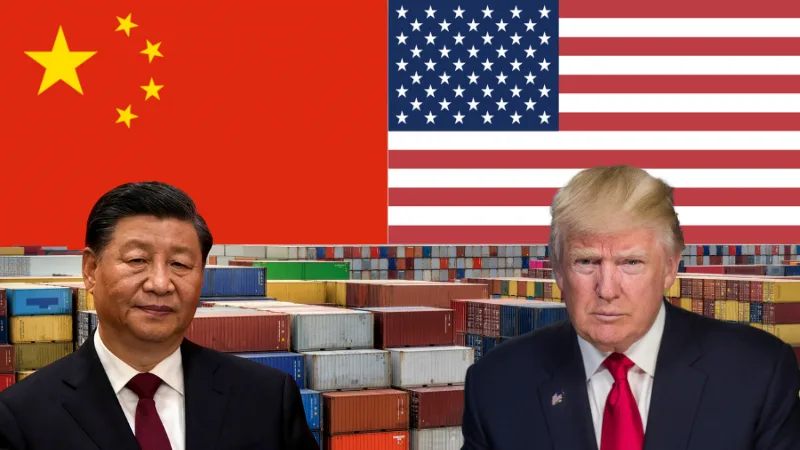President Donald Trump has announced that the United States will impose a 25% tariff on all steel and aluminum imports, including those from Canada and Mexico. This decision is part of the administration’s broader strategy to protect domestic industries and address trade imbalances.
New Tariffs
The new tariffs are set to take effect today, with additional import duties expected to be announced later in the week. These measures aim to bolster American steel and aluminum producers by making foreign metals less competitive in the U.S. market. However, the move has raised concerns about potential retaliatory actions from key trading partners and the broader implications for global trade dynamics.
In response to the announcement, stock markets have shown resilience. The S&P 500 increased by 0.6% during morning trading, with significant gains observed in U.S. steel and aluminum companies. For instance, shares of Cleveland-Cliffs and Nucor rose by 14% and 8%, respectively. Conversely, European steel producers like Thyssenkrupp and Salzgitter experienced declines, reflecting concerns over the tariffs’ impact on their access to the U.S. market.
International Reactions
International reactions have been swift. Canadian officials emphasized the importance of their metals to key U.S. industries and vowed to defend Canadian interests. Australia is also seeking exemptions, with Prime Minister Anthony Albanese planning to discuss the matter with President Trump, highlighting the mutual benefits of their metals exports. investopedia.com
What Comes Next?
Economists warn that such tariffs could lead to higher consumer prices and potential inflationary pressures. Historically, tariffs have had mixed effects on domestic industries, sometimes leading to increased production costs for manufacturers reliant on imported materials. The long-term impact on the U.S. economy remains uncertain, with concerns about potential retaliatory measures from affected countries. apnews.com





